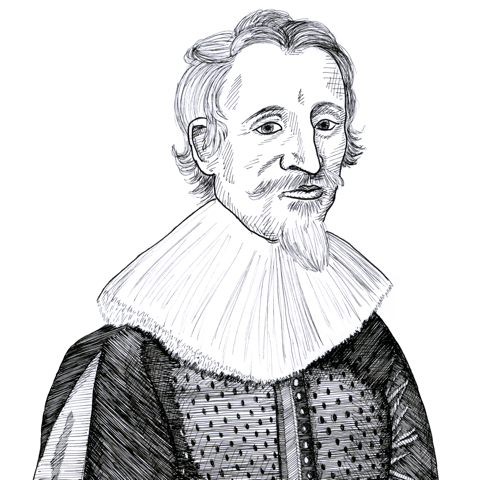
Hugo Grotius on sparing Civilian Property from Destruction in Time of War (1625)
Found in: The Rights of War and Peace (1901 ed.)
This passage comes from Hugo Grotius, The Law of War and Peace (1625), Book III Chapter 12, “On Moderation in Despoiling an Enemy’s Country” (1625):
War & Peace
There are some things of such a nature, as to contribute, no way, to the support and prolongation of war: things which reason itself requires to be spared even during the heat and continuance of war: … Such are Porticos, Temples, statues, and all other elegant works and monuments of art… As this rule of moderation is observed towards other ornamental works of art, for the reasons before stated, there is still greater reason, why it should be obeyed in respect to things devoted to the purposes of religion.